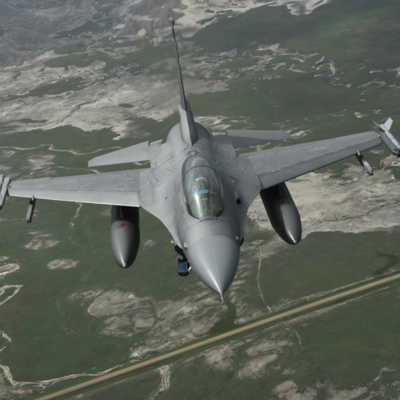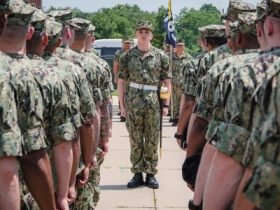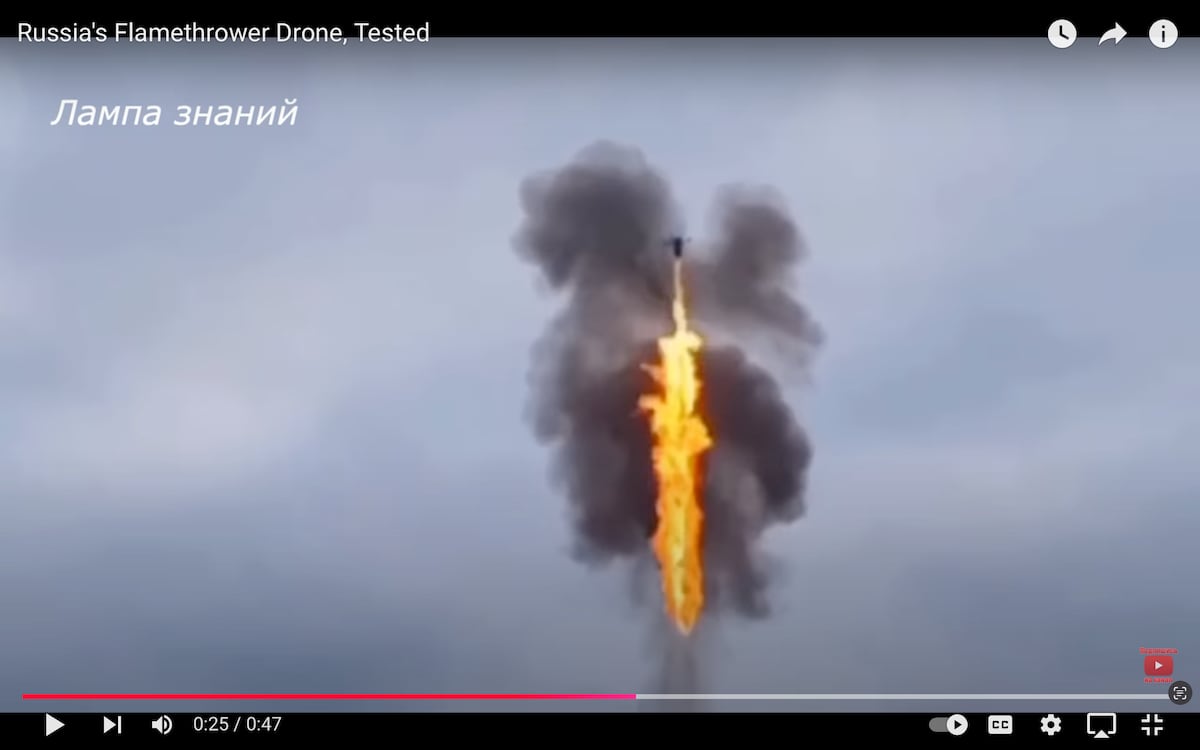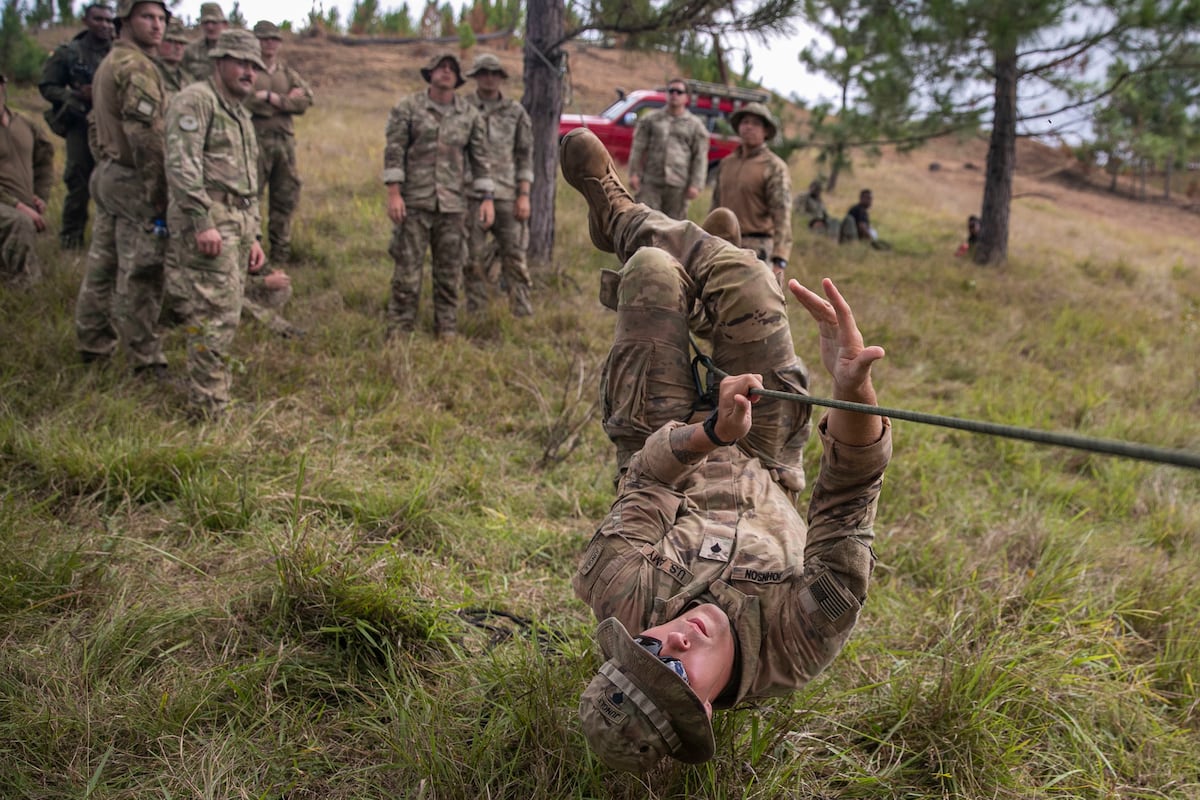The U.S. may change its F-16 training program for Ukrainian pilots following an investigation into the fatal crash of one of the country’s donated jets.
“Anything that comes out of that, any preliminary things, we’re taking a look at to develop into training, both in Denmark as well as the U.S., to see if there’s any changes that we need to make to the training to make sure that this doesn’t happen again,” Gen. James Hecker, commander of U.S. Air Forces in Europe and Africa, told reporters Tuesday the Air & Space Forces Association’s annual Air, Space & Cyber conference.
Ukraine hasn’t identified the cause of the crash, which occurred at the end of August during a Russian bombardment and killed a Ukrainian pilot. The country’s defense minister has opened an investigation into the crash and the U.S. has offered its help to investigate, but “we’ll see if they take us up on that offer,” Hecker said.
The U.S. and Denmark have been training Ukrainian pilots on an accelerated timeline, which, following the crash, has raised questions about the push to get these pilots flying in combat with relatively few hours compared to Western pilots.
At the same time, the U.S. has been criticized for not producing Ukrainian pilots fast enough. The U.S. has an obligation to train other allies’s F-16 pilots, Hecker said, so “it’s a very delicate balance to make sure we’re keeping all of our allies trained with pilots, and we’re also training Ukrainian pilots. We can’t just stop training all of the allies that we have and just focus strictly on Ukraine.”
Some of the Ukrainian pilots have been flying Eastern-style tactics on the MiG-29 or Su-24 for decades, so changing to Western-style training doesn’t happen overnight, he said.
It’s easier for brand-new pilots to fly the F-16, said Hecker, who is himself a fighter pilot, “because they don’t have this other training in the back of their mind that it’s kind of hard to get rid of, and that’s why it takes time.”
The U.S. hasn’t disclosed many details about the maintenance and sustainment of Ukraine’s F-16s, but Hecker said they’ve been training Ukrainian maintainers to work on the jets. While the Ukrainian maintainers “catch on very quickly,” there are challenges with such a new workforce, he said.
“Normally, in the U.S., we have people that have worked on F-16s for 20 years, some for 10 years, some for five years, and then the brand-new person, right? The brand-new person, as they’re learning, and they can go up to this 20 years of experience and go, ‘Yeah, you know, here’s the best way to do that.’ They obviously don’t have that level of experience, so that will have to be built over time,” Hecker said.
Read the full article here








Leave a Reply